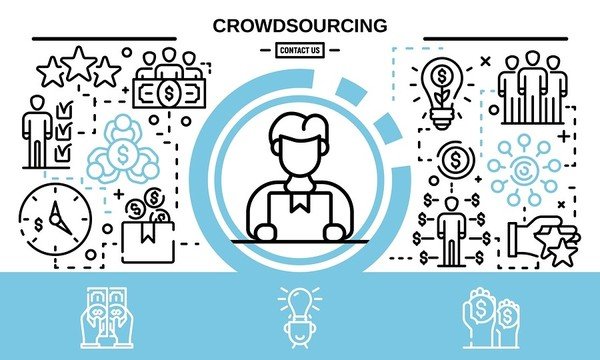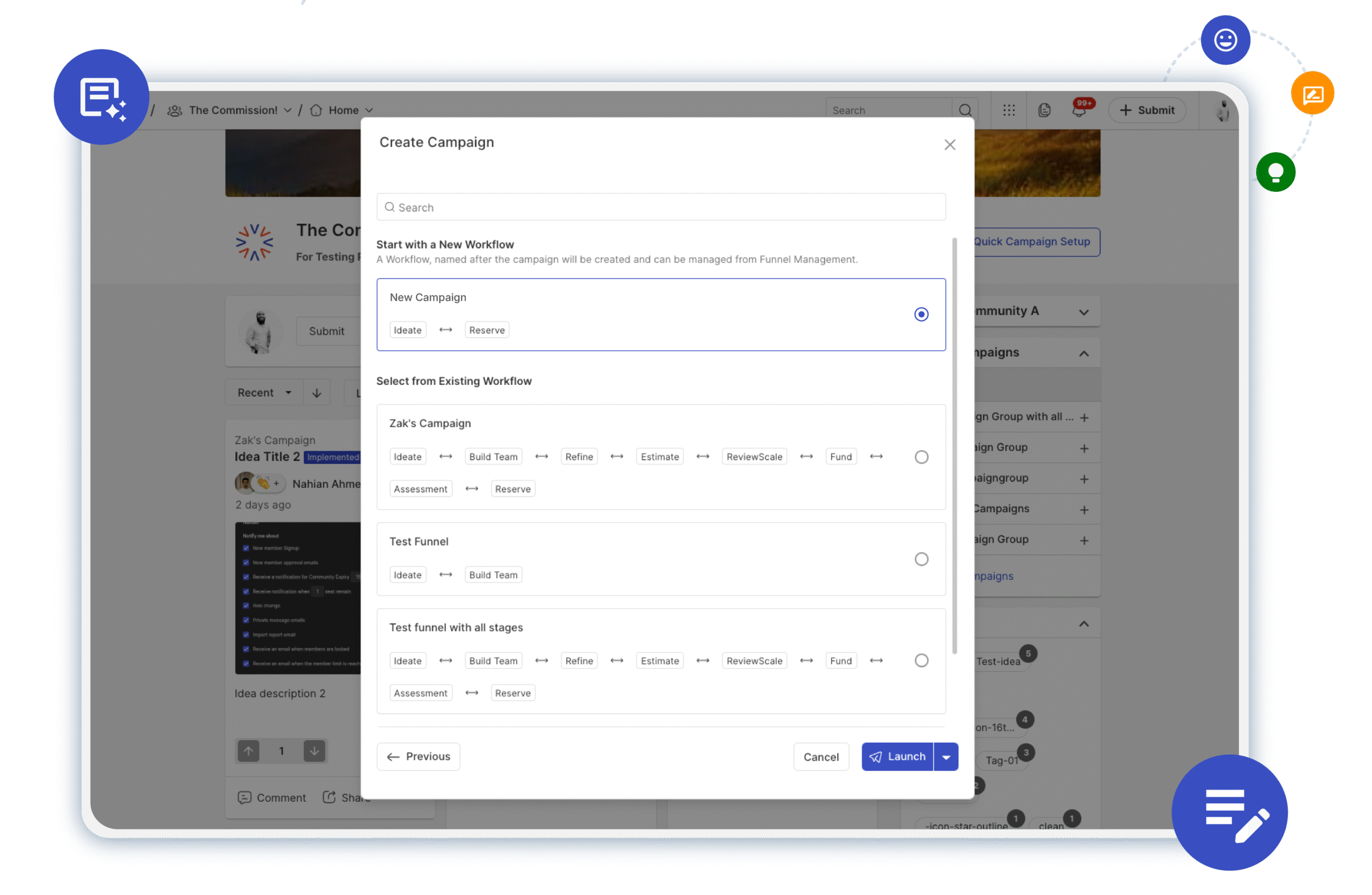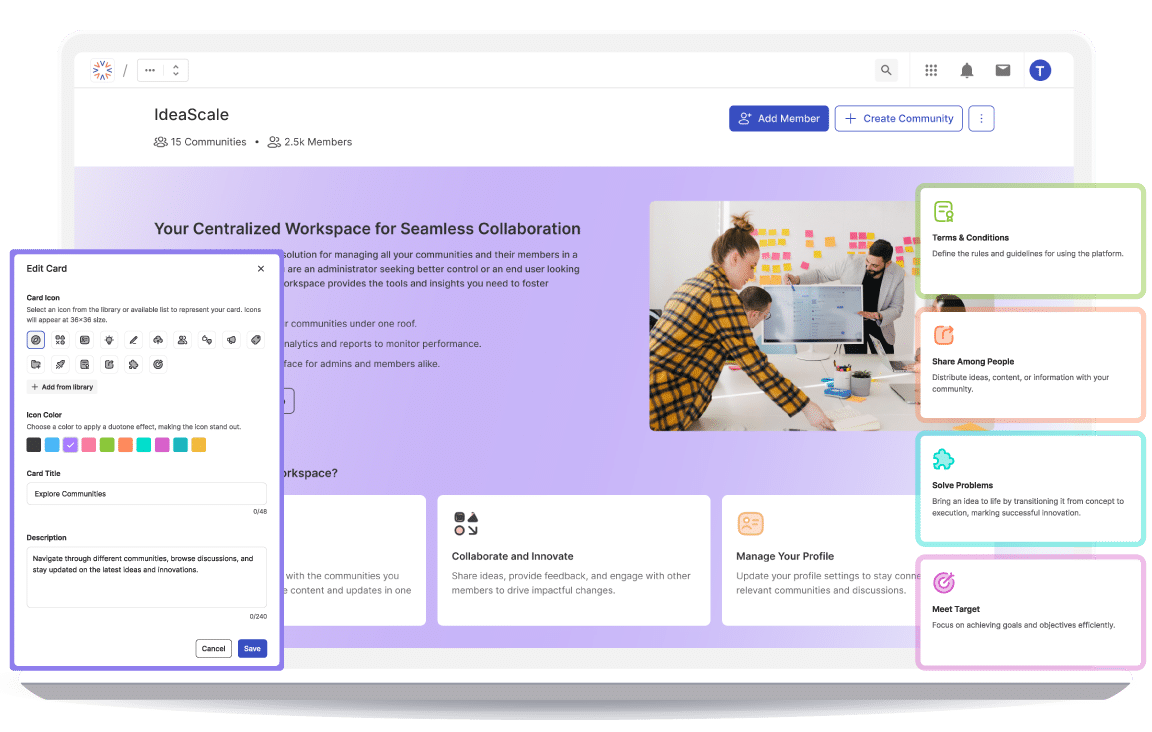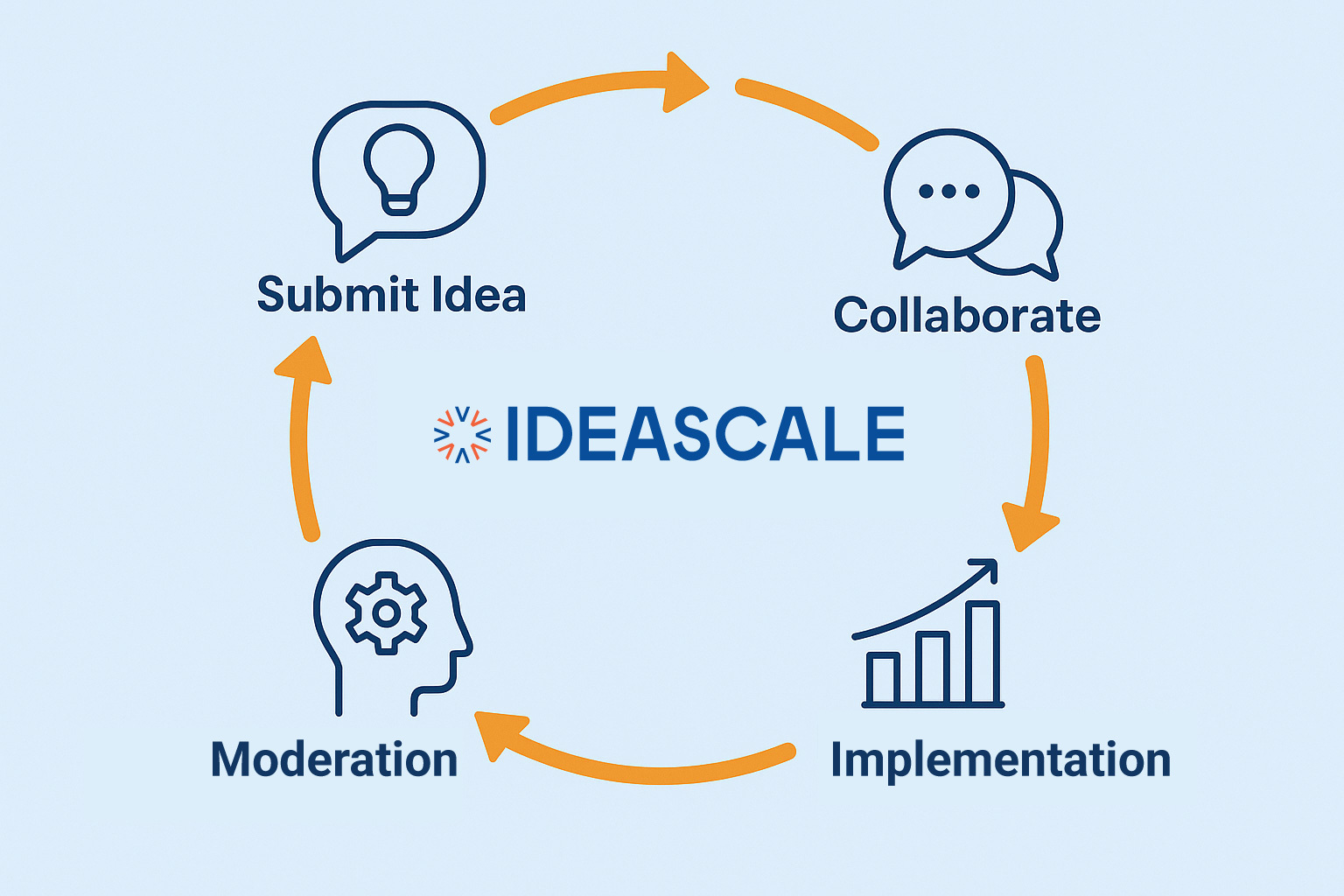We live in the information age. Anyone can quickly and easily gather data. As they say, “Data is the new oil.” However, it can also be the new trash. Companies use crowdsourcing for product innovation and focus groups for market research to gather the most relevant and useful data. Could using one or both of these methods of data collection be helpful to your company?
While focus groups have been around for years, crowdsourcing only became possible after the proliferation of the internet. However, crowdsourcing hasn’t replaced focus groups the way streaming music made your CD collection irrelevant.
Crowdsourcing Vs. Focus Groups Defined
It’s true that both crowdsourcing and focus groups provide feedback. Both can be invaluable in various decision-making stages of product development. Both rely on honest evaluations. For each of these methods to work, participants must feel safe in the environment in which they are giving their opinions, which naturally include criticisms.
However, for all their similarities, each of these methods inherently has key differences as well.
Firstly, crowdsourcing is more often used in the earlier stages of development for product innovation, and rightly so. It gathers informed opinions that help direct the future of the product.
Focus groups, on the other hand, often give feedback about a product that is mostly finished. Again, Focus groups can be used at many different stages along the path of product development, and they can affect the direction the product takes. Focus groups are, by nature, more reactive than innovative.
For example, a focus group participant tells the moderator that it’s hard to find the information on the web page because of the way it’s organized; a crowdsourcing participant offers ideas about how to organize a web page so that users will be able to find information quickly and easily.
Anonymous vs. Identifiable
Another key difference between these two methods of collecting feedback is that crowdsourcing is typically done online, while focus groups are usually conducted in person. The depth of how this affects results is not to be underestimated.
Most people are aware of how hiding behind a phone or keyboard emboldens people. In the comments section of a newspaper, this can result in some hair-raising tirades (hopefully, things don’t reach that level in a crowdsourcing environment).
Nonetheless, any pressure a participant might feel sitting around a table with others face-to-face is removed in the crowdsourcing environment. No one has to worry about snickers, raised eyebrows, or other nonverbal microaggressions.

Asking for Answers — and Questions
Crowdsourcing and focus groups are also different in that, with crowdsourcing, you start with more of a blank slate. Yes, you ask for ideas about a particular product or service, but the request is broad and open-ended, and you hope the crowd will run with it.
In focus groups, you prepare the questions ahead of time, you ask them, and you wait for answers. Participants aren’t routinely encouraged to offer opinions outside of the questions asked. Focus group participation is more limited.
Both Are Still Viable & Useful
That doesn’t mean focus groups aren’t as good are crowdsourcing. Imagine if you tried to conduct a focus group without a lot of specific questions and just asked participants for their thoughts. You would get a great deal of random information you can’t use.
That’s not a problem with crowdsourcing because the time to think and answer is closer to limitless. With a focus group, you have a set amount of time — usually a couple of hours — and you have to pay for the space to conduct your session. What you get out of those two hours is all you’re ever going to get. Shy participants will not be heard. No one in a different time zone will give you a great idea tomorrow, because there’s no mechanism for that.
IdeaScale for Crowdsourcing
In conclusion, neither crowdsourcing nor focus groups preclude the other. Both are valuable. You must use them correctly to get the full potential of each. For the best direction in crowdsourcing for product innovation, contact IdeaScale today.
Most Recent Posts
Explore the latest innovation insights and trends with our recent blog posts.













